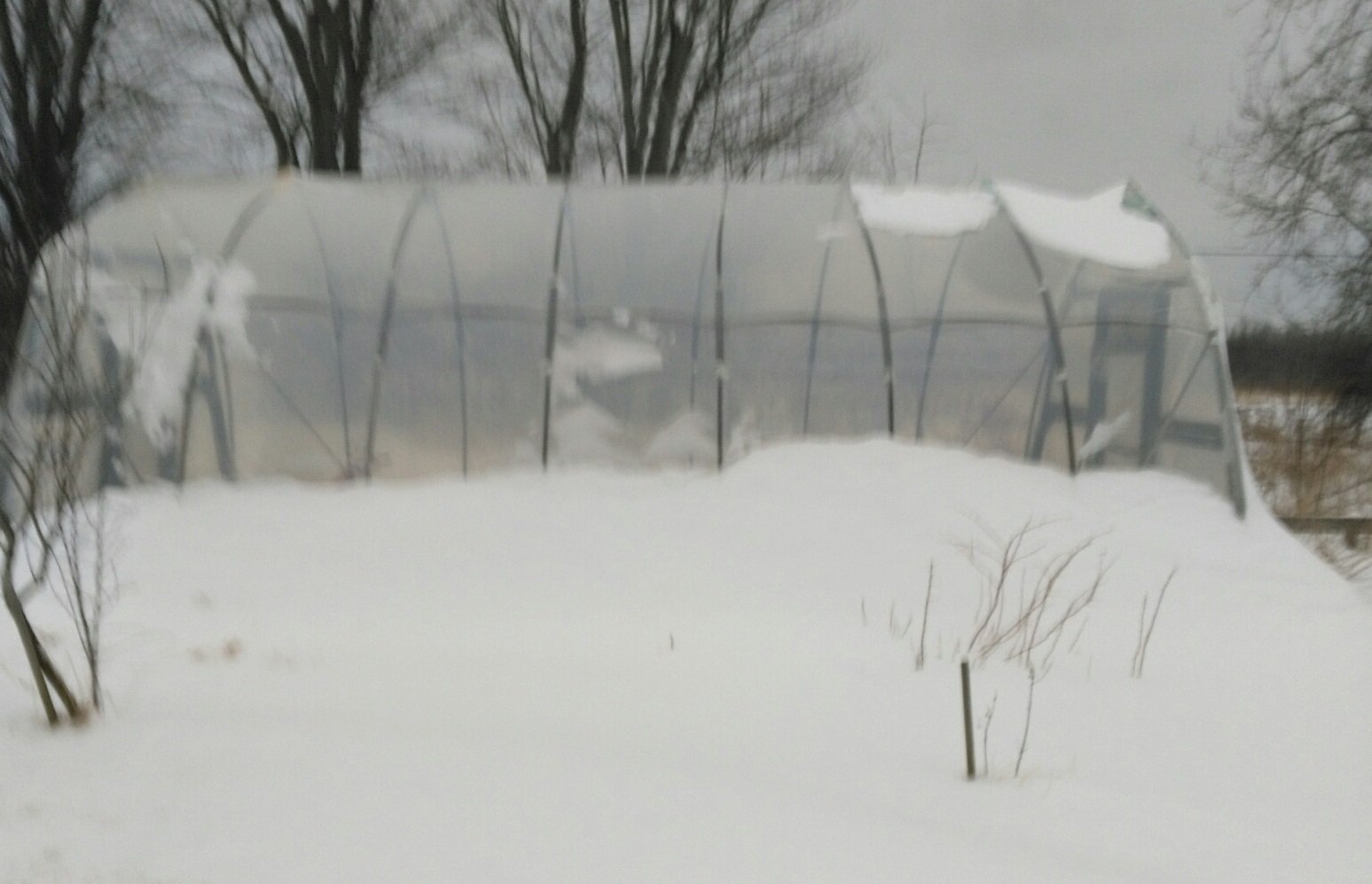Farm risk management for the small operator
Farm risk management is important even to the small commercial grower. I'm going to examine the types of risks that small farmers may be exposed to, and identify some risk avoidance and risk mitigation strategies to avoid serious harm to the farm.
Parameters: The scope of this article is limited to the risks that may be faced by a small mixed family farm; it excludes large, commodity-type farming operations such as dairy and beef and poultry farms, and large grain operations.
The risks in these large enterprises are often associated with institutional risk – i.e the impact of changes to legislation and marketing board policies, and changes in commodity prices that are beyond their control.
This material is from Module 11 of the Bootstrap Boot Camp Success Plan, a course I teach to new and soon-to-be farmers and small growers.
There are 3 main categories of risk that are of concern to the small farmer:
- Personal risk
- Production risk
- Financial risk
Personal risks
Personal risks arise from events affecting the personal lives of the farmer and her family. Personal crisis often impact the farm business as well. This can include catastrophic events such as death or fire or flood; or it may be simply that the farmer and her partner disagree about the goals and objectives of the farm.
In the first instance, farm risk management means carrying the full suite of insurance against these perils. In the second case, the farmer needs to ensure her partner is 'on board' and that there is a common understanding of the goals of the farm.
It will be an unhappy little homestead if the partners disagree about the reasons for the farm, and the lifestyle desired. And divorce can bring an end to the farm as finally as any of the catastrophes listed above. Don't jump into farming without a complete understanding of each partners' reasons for doing so.
Production risks
Production risks are those associated with weather and your farming environment – heavy rain, drought, hail, unexpected extremes of temperature, and insects and disease. Farm risk management against production risk include:
- Grow disease-resistant varieties of vegetables
- Use raised beds to protect against flooding, and drip irrigation to protect against drought
- Use passive and preventative means of insect control such as sticky traps in your greenhouse and row cover in the field. Row cover can also be used to protect your crops at each end of the season
- Grow a diverse range of crops, and multiple varieties of each vegetable
- Practice continuous planting and harvesting so a 'back-up' crop is always coming
- Special note: I consider my greenhouses a major element in my own farm risk management. In the picture shown below, the greenhouses literally saved our season.
 April 15, 2018 at New Terra Farm. April 15, 2018 at New Terra Farm.
Financial risks
Financial risks result from inadequate cashflow to meet obligations. Inadequate cashflow in turn may be caused by high loan or mortgage payments,
or buying more equipment than you can afford, or may be as a
consequence of personal or production problems as identified above. Here's a few ways to ensure financial farm risk management:
- Don't buy more farm than you need; it can take years to learn how to fully exploit even a 5 or 10 acre farm
- Don't
tie up your capital in equipment that will have a low usage rate. For
example, a specialized piece of equipment like a bed-shaper might be
used 2 or 3 times a year. Borrow it, rent it, or share it with a
neighbouring farmer.
- Grow
a diversity of crops on your farm. If you have two farm enterprises and
one fails, you have lost 50% of your production. If you have ten
enterprises and one fails, you are still at 90%.
- Explore marketing and management models that mitigate the farmer's financial risk like
Community Supported Agriculture In the CSA model, customers pay in advance to receive a weekly share of vegetables and other farm products. This is a guaranteed cash flow for the farmer.
And, the risk that you don't know what you don't know
There is final type of risk for the new farmer, and that is the fact (s)he is new; inexperience and uncertainty about farm methods and the 'right next step' constitute a risk category of their own.
Farm risk management in this case means learning all you can
about the enterprise you are planning. Visit other farms, read the
books, and when you start, make sure it's at a scale within your ability
to manage. Don't bet the farm (literally) on your novice skills.
Get my FREE One-Acre Farm Plan and learn how to pigs, chickens and more, integrated with an organic market garden, to make more money from your small property.
Imagine building a profitable and sustainable mini-farm even on a small piece of land.
Enter your email address and your free report will be sent to you right away.
You might like these
Make money selling plants from your backyard nursery. Work from home growing plants for money
Here's a few things we've learned about raising farm animals over the last couple decades
There's a lot of interest in the question 'what is micro farming'. There is more to microfarming than just the size of the farm. Learn what MICRO really means
You can have a profitable, sustainable business even on a 5 acre farm. Here's how , , ,
What are the best micro farming ideas for the new small proprty owner? Here's the recommendations from New Terra Farm
Lots of hype about micro farms as the farm of the future in the news these days. I've got a different take on the topic
 Learn how to manage risk and much more in the Bootstrap Boot Camp Success Plan Learn how to manage risk and much more in the Bootstrap Boot Camp Success PlanBeing a good grower is only part of the answer to success. You also have to: - Know how to plan and manage your
business;
- Persuade others of the value of your products;
- Maintain financial
stability; and,
- Stay motivated through your journey to small farm
success.
The Bootstrap Boot Camp Success Plan course will teach you all this and more. Only from New Terra Farm.
-
Home Page
›
-
5 Acre Farm
›
-
Farm Risk Management
|
 April 15, 2018 at New Terra Farm.
April 15, 2018 at New Terra Farm. Learn how to manage risk and much more in the Bootstrap Boot Camp Success Plan
Learn how to manage risk and much more in the Bootstrap Boot Camp Success Plan







